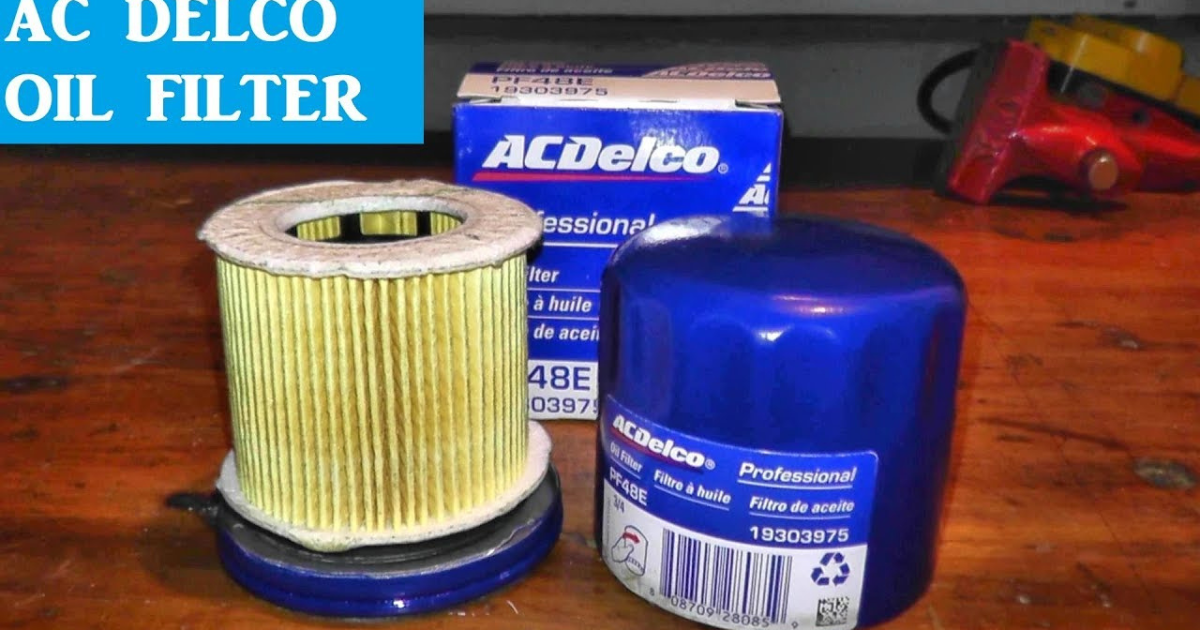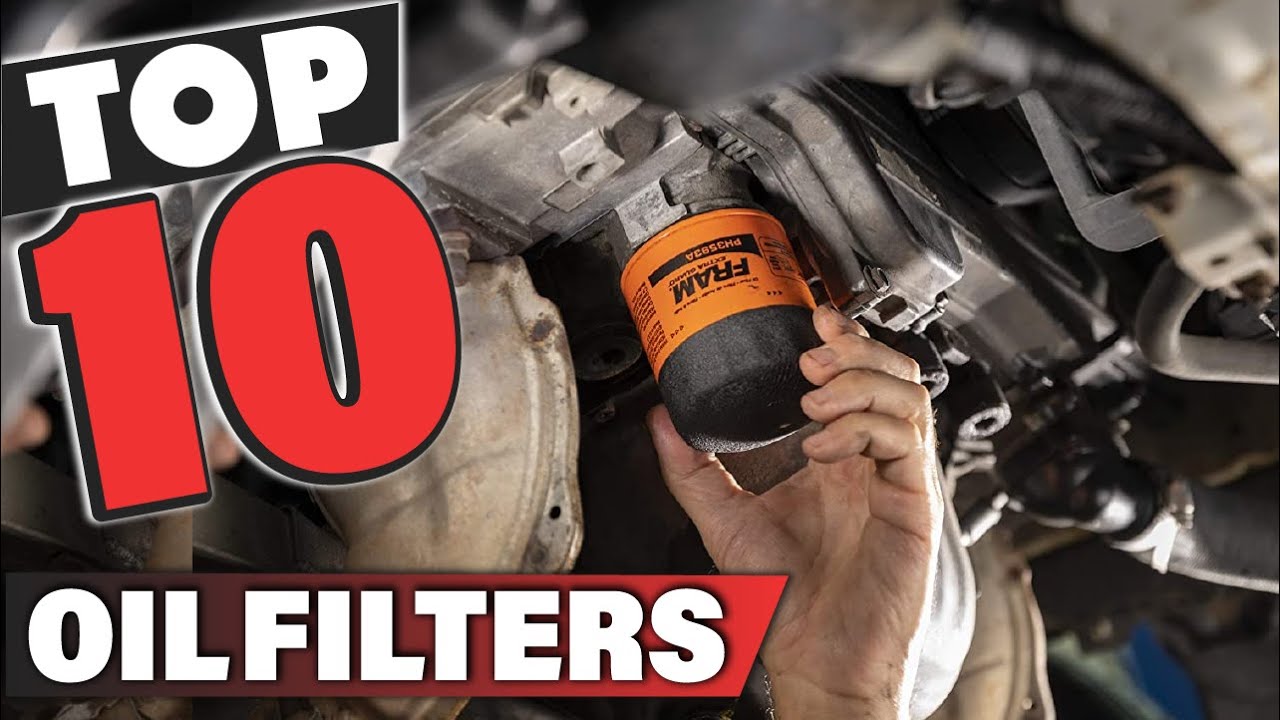Oil filters are a crucial component of a vehicle’s engine, ensuring that the oil remains clean and free of contaminants. However, there is a common misconception that oil filters are universal and can be interchanged between different vehicles. In this article, we will explore the different types of oil filters and answer the question, “Are oil filters universal?”
Types of Oil Filters
There are several types of oil filters available in the market, including:
- Full-Flow Oil Filters: These are the most common type of oil filters used by car manufacturers. They are designed to filter all the oil that flows through the engine, ensuring that it remains clean and free of contaminants.
- Secondary Oil Filters: These filters are used in conjunction with full-flow oil filters to provide additional filtration. They filter about 10% of the total oil in the engine and are designed to capture any dirt or particles that the primary filter may have missed.
- Cartridge Oil Filters: These filters are installed upright and are easy to use. They have no metal parts, making them easier to recycle.
- Spin-On Oil Filters: These filters are also primary oil filters and are constructed with a paper element and a steel canister. They are easy to install, making them ideal for DIYers.
- Spinner Oil Filters: These are secondary oil filters that use centrifugal force to filter dirt and particles in engine oils.
- Magnetic Oil Filters: These filters are designed to trap metallic shavings in the crankcase and have little or no effect on dust and grime in the motor oil.
Are Oil Filters Universal?
Despite the common misconception, oil filters are not universal. While some vehicles may use the same oil filter, it is not a one-size-fits-all situation. Oil filters come in different sizes and threads, and using the wrong filter can cause poor filtration, inadequate oil flow, leaks, or fitment issues.
How to Know the Right Size Oil Filter for Your Vehicle
To determine the right size oil filter for your vehicle, you can consult your owner’s booklet, use an online database, visit a local auto parts seller, or check the current oil filter. Each of these methods will provide you with the information you need to choose the right oil filter for your vehicle.
What Happens if You Use a Different Oil Filter?
Using a different oil filter from the recommended one for your vehicle may not provide the same level of filtration efficiency, causing contaminants or particles to enter the engine. Additionally, using a filter with different filter media, bypass valves, or flow ratings can cause poor lubrication, inadequate oil flow, and fitment issues, leading to accelerated wear and severe engine damage.
Final Thoughts
In conclusion, oil filters are not universal, and using just any filter on your vehicle can cause harm. Stick to the recommended filter for your car to avoid poor filtration, inadequate oil flow, leaks, or fitment issues. This article has also outlined how you can get the right size and recommended filter for your specific car model.




